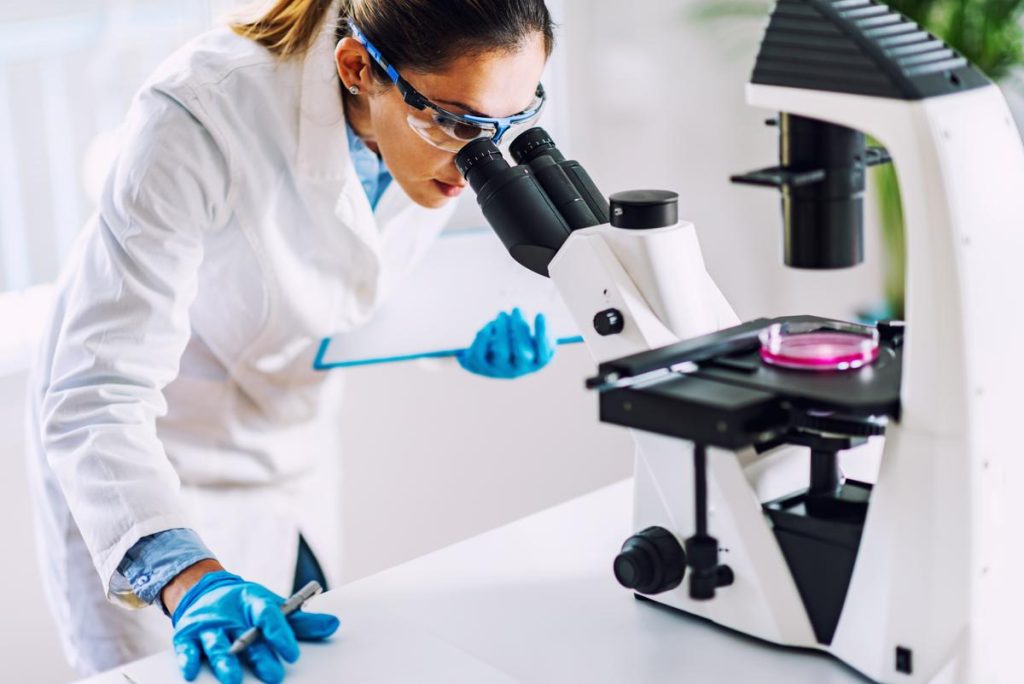
7 Minutes
CONTENTS
Unlocking the secrets of addiction has long been a scientific pursuit, but recent breakthroughs in the realm of epigenetics have sent shockwaves through the field.
Forget everything you thought you knew about the nature versus nurture debate—epigenetics reveals a hidden layer of influence that dances with our DNA, shaping our susceptibility to addiction in profound and unexpected ways. Picture this: Your grandmother’s smoking habit may have imprinted a molecular mark on your genes, making you more prone to addictive behaviors.
Brace yourself as we embark on a mesmerizing journey into the intricate world of epigenetics and addiction, where environmental experiences leave molecular footprints that echo across generations, forever altering the way we understand the roots of dependence.

A UNIQUE METHOD TREATING Addiction
a successful and proven concept focusing on underlying causesAddiction TREATMENT LASTING APPROACH
0 Before
Send Admission Request
0 Before
Define Treatment Goals
1 week
Assessments & Detox
1-4 week
Psychological & Holistic Therapy
4 week
Family Therapy
5-8 week
Aftercare
12+ week
Refresher Visit
Addiction Insights
latest news & research on Addiction
Mathew Perry Addiction
Perry faced a lot of personal problems while he was young, like his parents' divorce and his addiction problems.
read more
Addiction Rehab for Teens
Many parents who believe their adolescent may have a drug or alcohol issue are at a loss on where to begin.
read moreLuxury Addiction Treatment
The effectiveness of behavioral therapy for addiction treatment is determined by the individual undergoing treatment, their ability to engage in the treatment
read more
































































